Discover the Women of the Hall
These are the Inductees of the National Women’s Hall of Fame. Select any of the women to discover their stories and learn how they have influenced other women and this country.
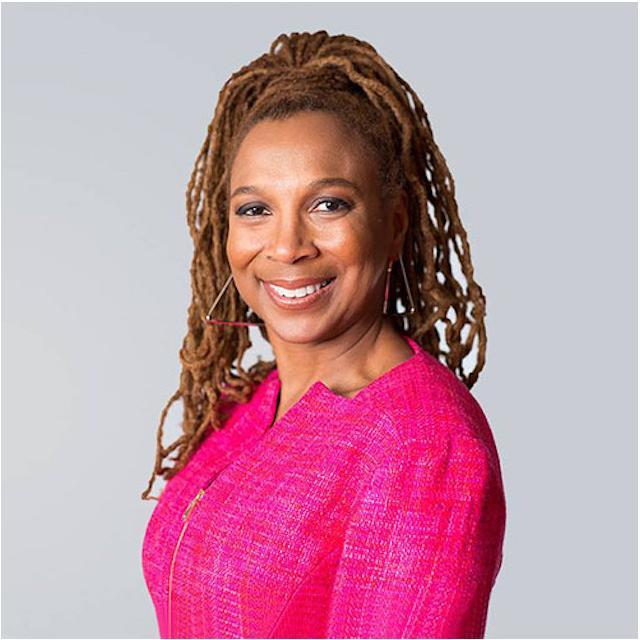 Kimberlé Crenshaw
Education, Humanities
1959
Ohio
2024
Kimberlé Crenshaw
Education, Humanities
1959
Ohio
2024

Kimberlé Crenshaw
Professor Kimberlé Crenshaw is the co-founder and ExecutiveDirector of the African American Policy Forum, a gender and racial justice legal think tank, and the founder and Executive Director of the Center for Intersectionality and Social Policy Studies at Columbia Law School. She is a trailblazing scholar, advocate, and professor whose ideas have reshaped the landscape of critical race theory and Black feminist legal theory.
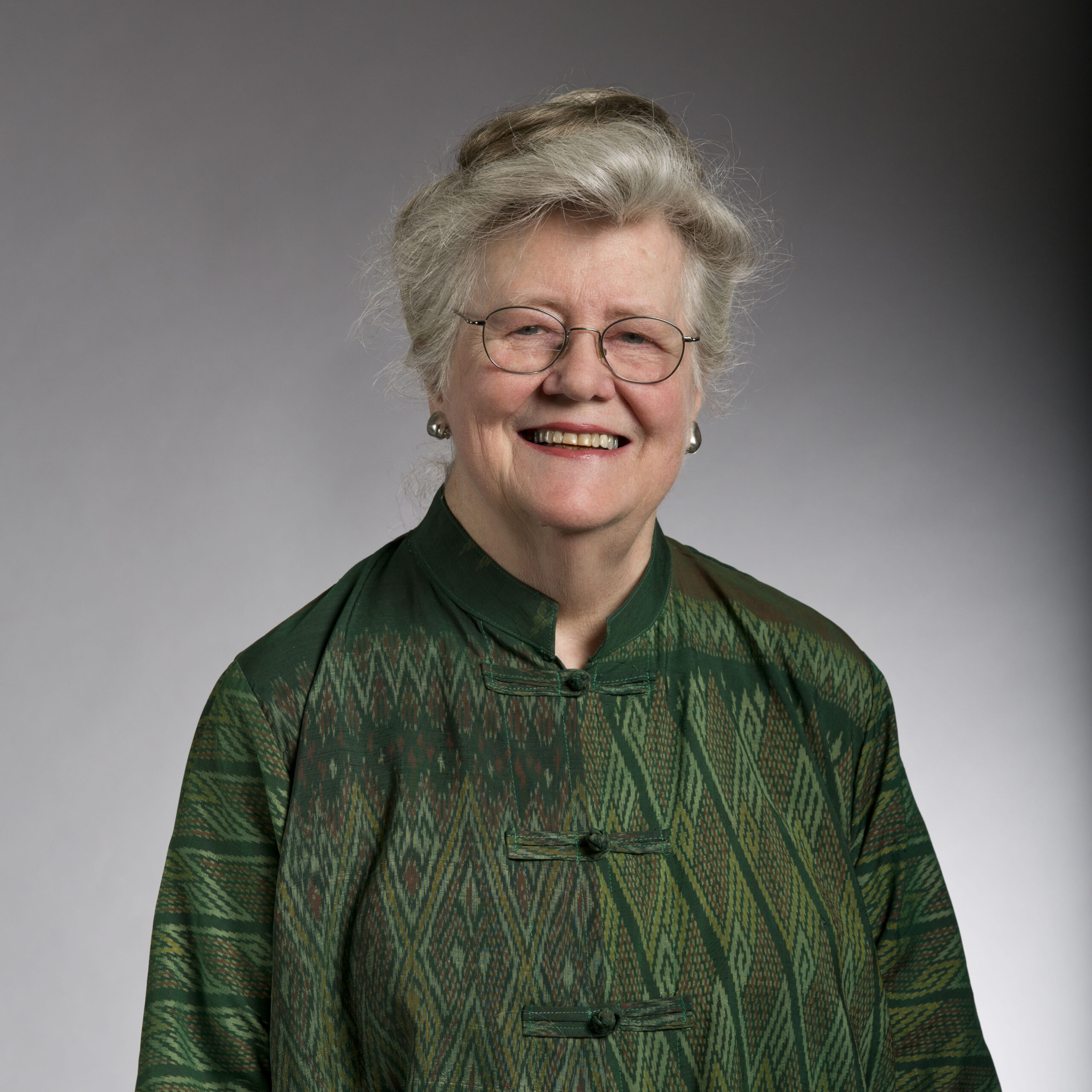 Peggy McIntosh
Education, Humanities
1934
New York
2024
Peggy McIntosh
Education, Humanities
1934
New York
2024

Peggy McIntosh
Peggy McIntosh is renowned as an educational innovator, feminist activist, author, and public speaker. McIntosh derived her understanding of white privilege from observing parallels with male privilege.
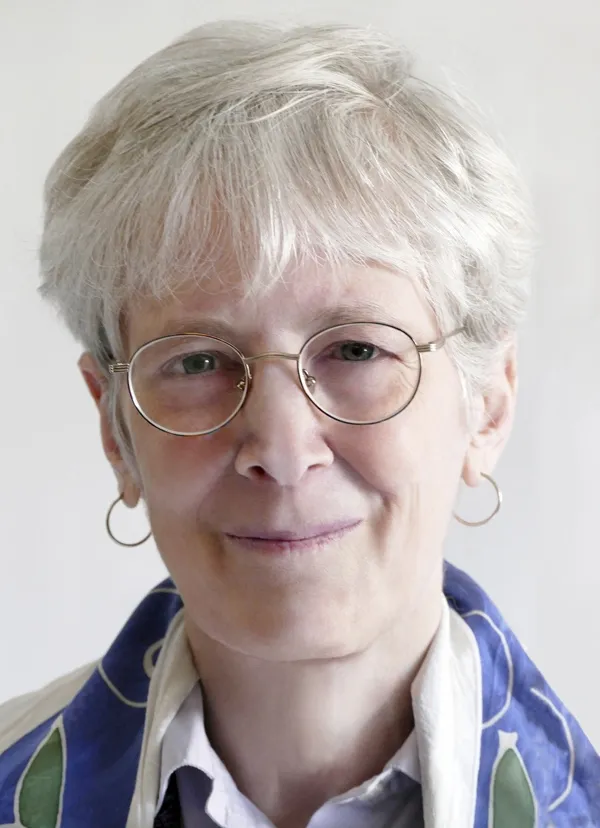 Judith Plaskow
Education, Humanities
1947
New York
2024
Judith Plaskow
Education, Humanities
1947
New York
2024

Judith Plaskow
In the realm of feminist theology, one of the names that stands out as a pioneering force is Dr. Judith Plaskow. An author and activist, Paskow is a visionary thinker whose intellectual contributions have shaped discourse and enriched our understanding of spirituality, gender, and equality.
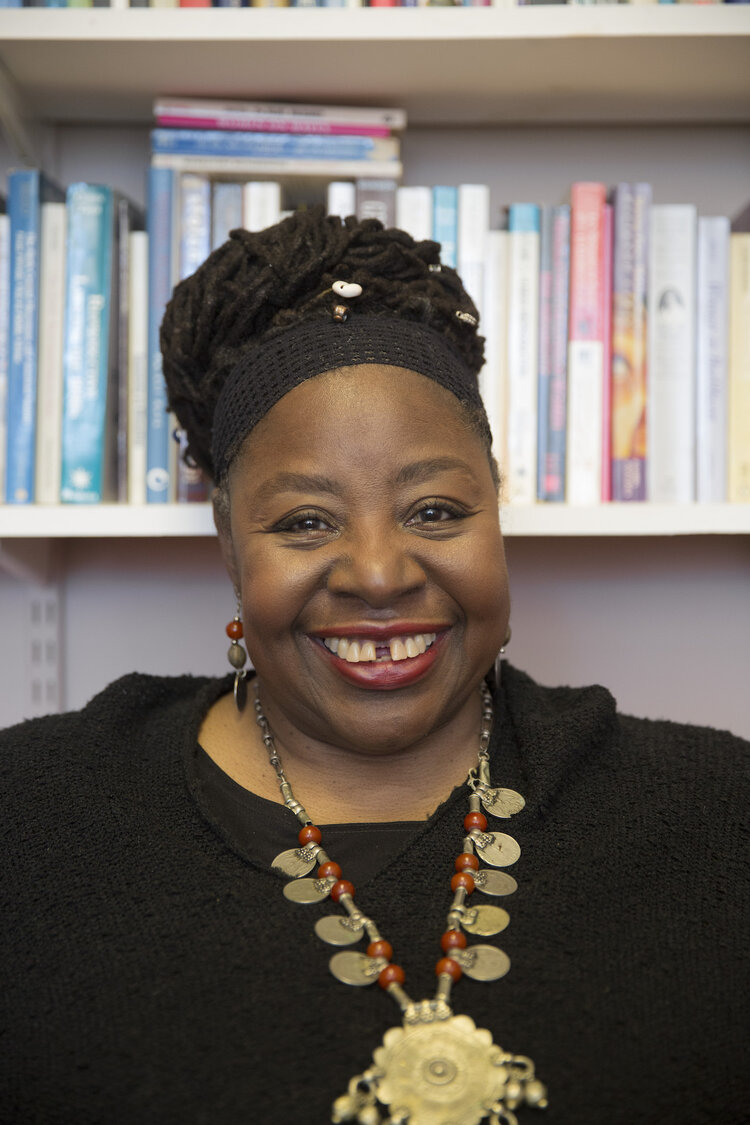 Loretta Ross
Education, Humanities
1953
Texas
2024
Loretta Ross
Education, Humanities
1953
Texas
2024

Loretta Ross
Loretta J. Ross is a Black academic, feminist, and activist for reproductive justice, especially among women of color. Driven by her personal experiences as a survivor of rape and nonconsensual sterilization, Ross has dedicated her extensive career in academia and activism to reframing reproductive rights within a broader context of human rights.
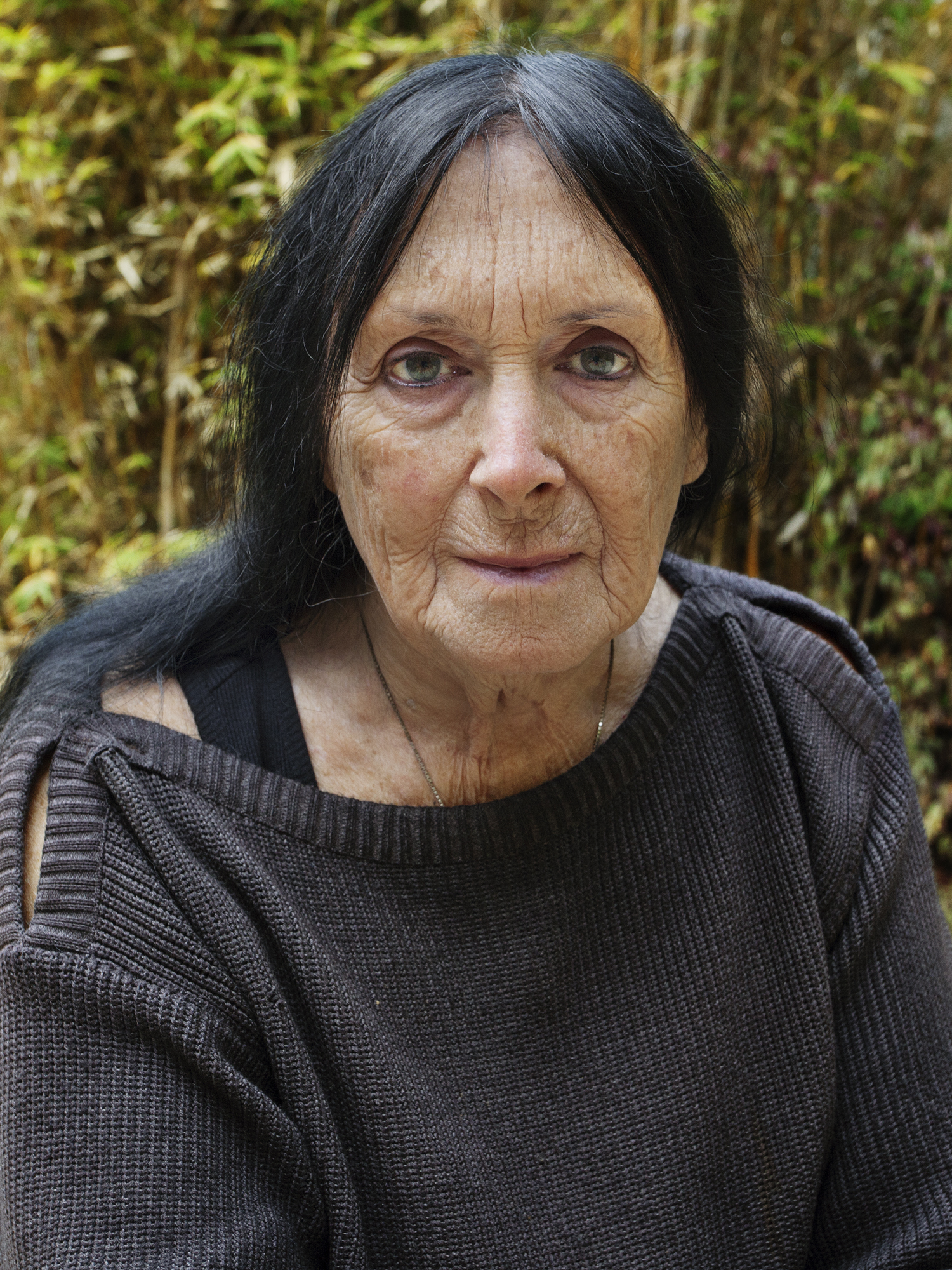 Allucquére Rosanne Stone
Arts, Education, Humanities
1936
New Jersey
2024
Allucquére Rosanne Stone
Arts, Education, Humanities
1936
New Jersey
2024

Allucquére Rosanne Stone
Allucquére Rosanne Stone, also known as Sandy Stone, is an academic, media theorist, artist, audio engineer, and computer programmer. A founder of the academic discipline of transgender studies, Stone’s trailblazing work created space for trans scholars to unfold the vast spectrum of gender.
 Ruby Bridges
Humanities
1954
Mississippi
2024
Ruby Bridges
Humanities
1954
Mississippi
2024

Ruby Bridges
Civil Rights icon, activist, author, and speaker, Ruby Bridges stepped into history books in 1960 when at six years old she single-handedly broke down barriers by desegregating the all-white William Frantz Elementary school in New Orleans.
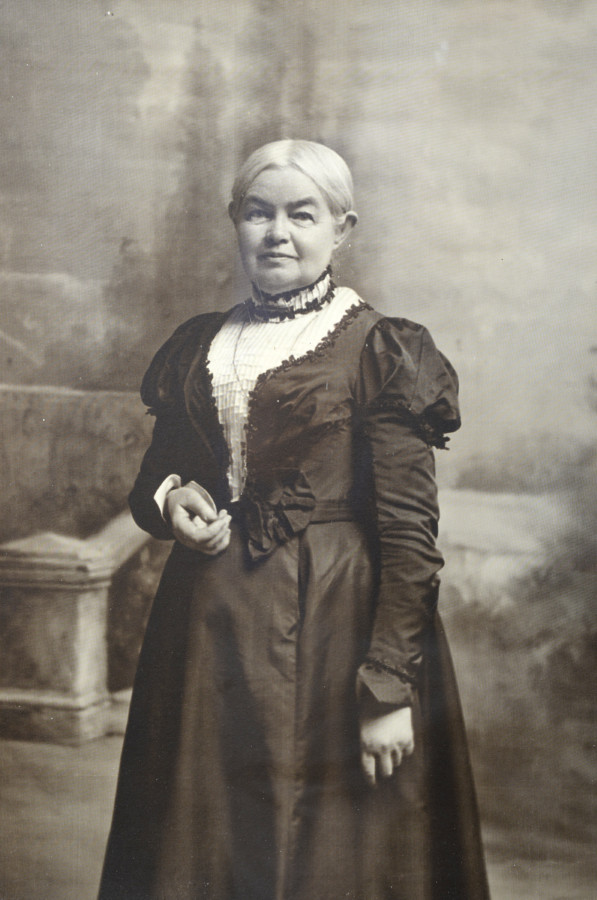 Emily Howland
Humanities
1827
New York
2021
Emily Howland
Humanities
1827
New York
2021

Emily Howland
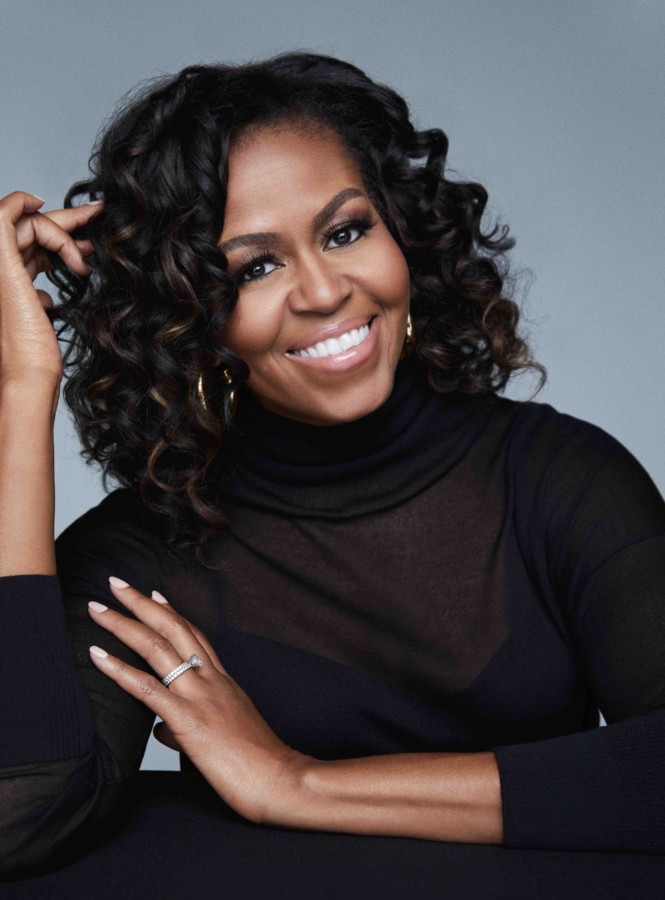 Michelle Obama
Arts, Humanities
1964
Illinois
2021
Michelle Obama
Arts, Humanities
1964
Illinois
2021

Michelle Obama
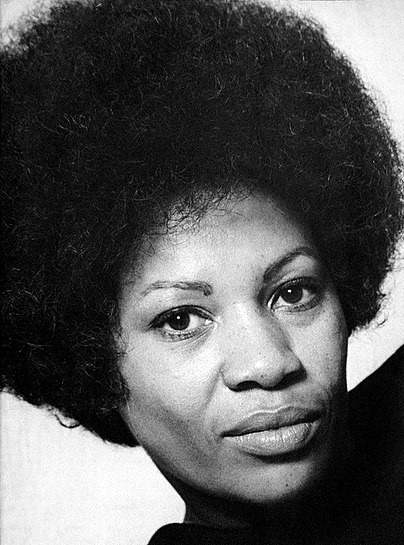 Toni Morrison
Arts, Humanities
1931
2020
Toni Morrison
Arts, Humanities
1931
2020

Toni Morrison
An author and book editor who fostered a new generation of Black writers. Morrison has been unapologetic about her focus on Black people’s experiences, and the power with which she has brought this focus.
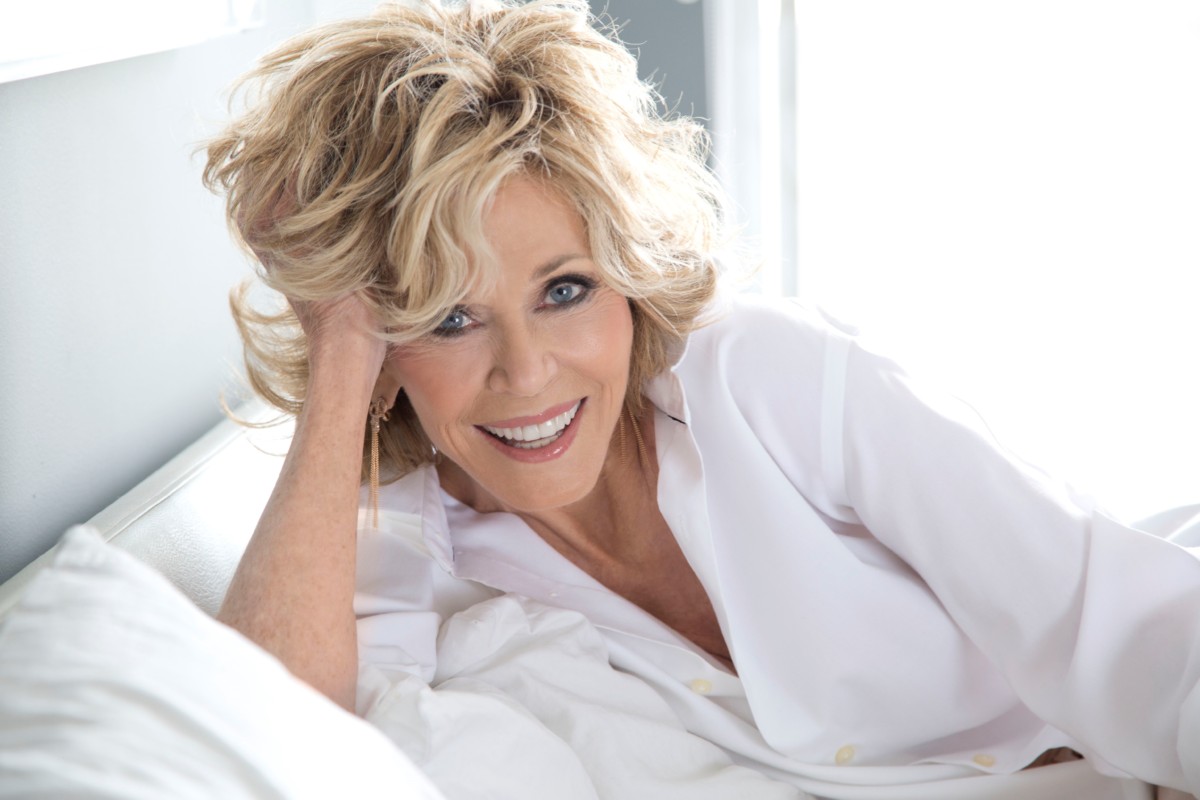 Jane Fonda
Arts, Government, Humanities
1937
2019
Jane Fonda
Arts, Government, Humanities
1937
2019

Jane Fonda
A two-time Academy Award winning actress (Best Actress in 1971 for Klute and in 1978 for Coming Home), activist, businesswoman, author, producer for film and television and philanthropist, Jane Fonda has revolutionized how we see things from the screen to fitness to representations of women and girls in the media. From the counterculture of the 1960s to today’s feminism, Native American rights and environmentalism; from Kluteto 9 to 5 to Grace and Frankie: Fonda has been a visionary and powerful influencer. Through the Jane Fonda Foundation and the Fonda Family Foundation, Fonda funds causes related toyouth and education, adolescent reproductive health, the environment, human services, and the arts. In 2005, together with Robin Morgan and Gloria Steinem, she co-founded the Women’s Media Center, an organization that works to increase the visibility and power of women in media. Fonda serves on the board of the organization. She is the recipient of many honors and awards, including two Academy Awards, two BAFTAs, four Golden Globes, a Primetime Emmy Award, the AFI Life Achievement Award, and the Honorary Golden Lion. In 2007, Fonda received an Honorary Palme d’Or from the Cannes Film Festival, making her one of three people to ever be granted this honor until then. She was also recognized with a Tony Award nomination for her role on Broadway in Moisés Kaufman’s 33 Variations. In 2018, a documentary following Fonda’s remarkable journey, Jane Fonda in Five Acts, was released.
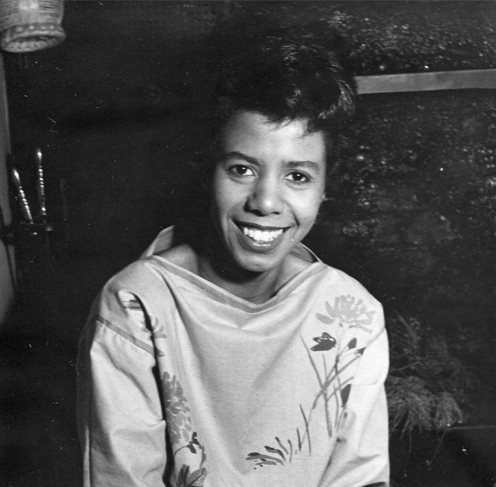 Lorraine Hansberry
Arts, Humanities
1930
Illinois
2017
Lorraine Hansberry
Arts, Humanities
1930
Illinois
2017

Lorraine Hansberry
A groundbreaking playwright and essayist best known as the author of A Raisin in the Sun, which ensured a place for the Black experience in American theatre. She was the first Black woman to have a show produced on Broadway, the first Black playwright and the youngest American to receive the prestigious New York Drama Critics’ Circle Award for Best American Play, and the first Black American to win the distinguished Drama Desk Award.
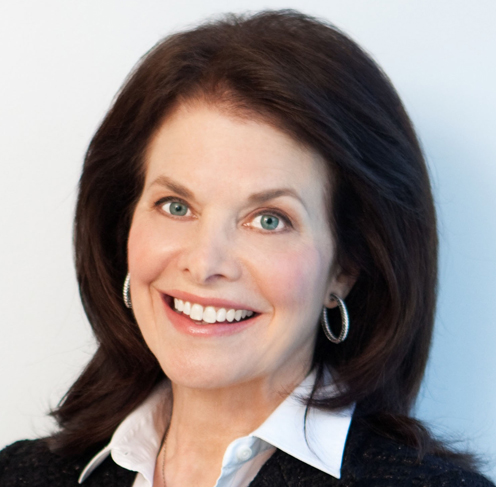 Sherry Lansing
Arts, Business, Humanities, Philanthropy
1944
Illinois
2017
Sherry Lansing
Arts, Business, Humanities, Philanthropy
1944
Illinois
2017

Sherry Lansing
A trailblazer, visionary leader and creative filmmaker. She was involved in the production, marketing and distribution of more than 200 films and the first woman to head a major film studio.
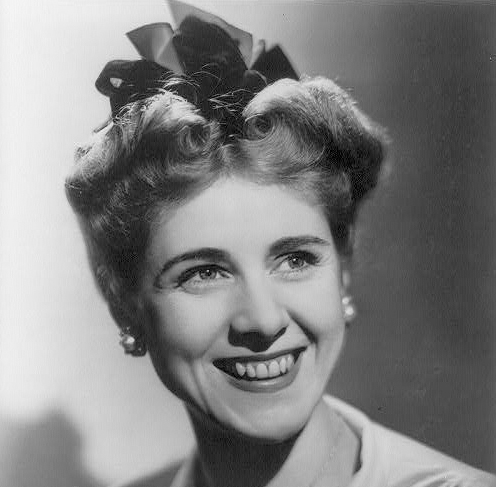 Clare Boothe Luce
Arts, Government, Humanities, Philanthropy
1903
New York
2017
Clare Boothe Luce
Arts, Government, Humanities, Philanthropy
1903
New York
2017

Clare Boothe Luce
She was instrumental in the creation of the Atomic Energy Commission and later established an endowment for what has become one of the single most significant sources of private support for women in science, mathematics, and engineering.
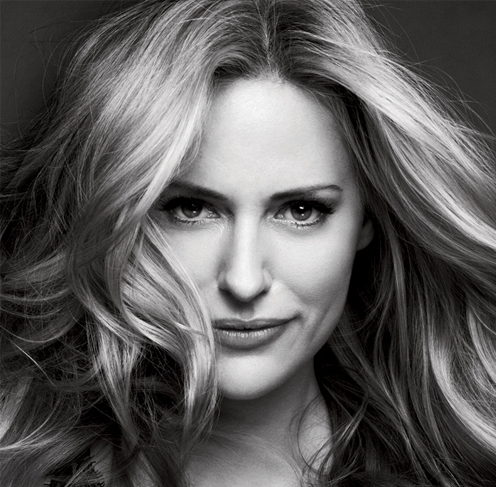 Aimée Mullins
Arts, Athletics, Humanities, Philanthropy
1976
Pennsylvania
2017
Aimée Mullins
Arts, Athletics, Humanities, Philanthropy
1976
Pennsylvania
2017

Aimée Mullins
She is a world record holding athlete, ground-breaking high fashion model, beacon for design tech, dedicated advocate, and avant-garde actor. She conceived of, and was the first to wear and compete in, prostheses modeled after the hind legs of a cheetah – now the international standard for amputee runners.
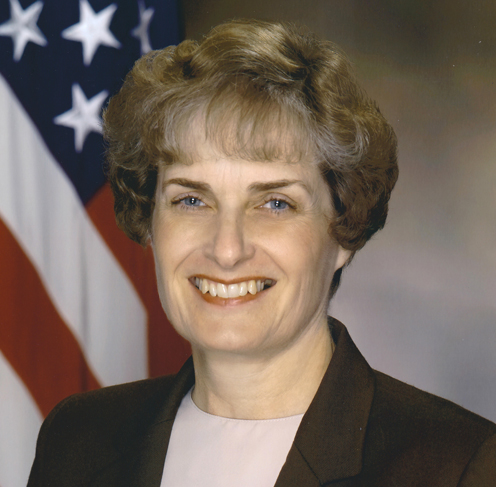 Carol A. Mutter
Government, Humanities
1945
Colorado
2017
Carol A. Mutter
Government, Humanities
1945
Colorado
2017

Carol A. Mutter
A Lieutenant General who entered the Marines when only 1% of Marines were women and no women were in the deployed services. Among her numerous activities, she has served as Chair of the Department of Defense Advisory Committee on Women in the Services and is a Past President of the Women Marines Association where she remains active at the national level.
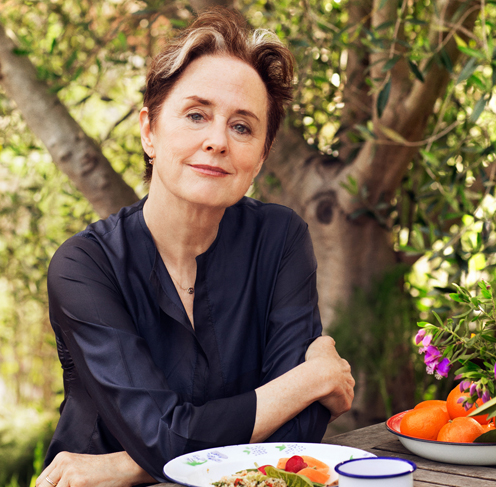 Alice Waters
Business, Education, Humanities, Philanthropy
1944
New Jersey
2017
Alice Waters
Business, Education, Humanities, Philanthropy
1944
New Jersey
2017

Alice Waters
A chef, author and food activist, and the founder and owner of Chez Panisse Restaurant in Berkeley, California. She has been a champion of local sustainable agriculture for over four decades, and is credited with popularizing the organic food movement.
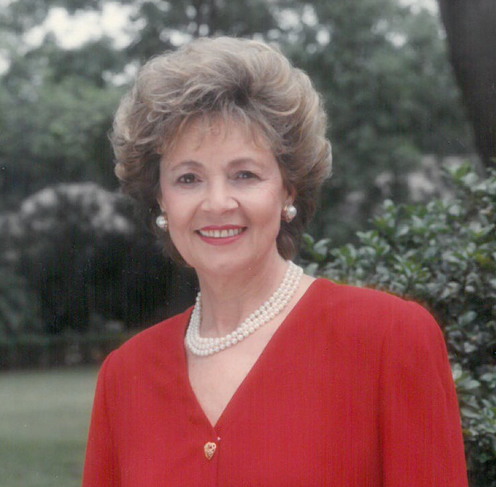 Matilda Raffa Cuomo
Education, Government, Humanities, Philanthropy
1931
New York
2017
Matilda Raffa Cuomo
Education, Government, Humanities, Philanthropy
1931
New York
2017

Matilda Raffa Cuomo
Established the nation’s first school-based one-to-one mentoring program, connecting over 10,000 students to trained mentors, and helping them to succeed in school, graduate, and advance in the workplace. The reach of this program, Mentoring USA, has expanded internationally.
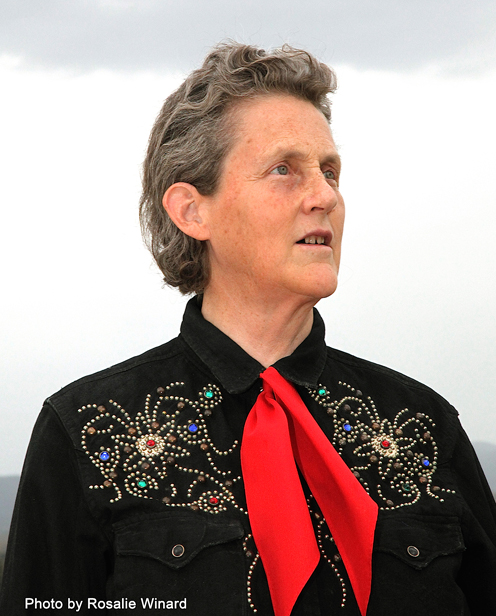 Temple Grandin
Education, Humanities, Science
1947
Massachusetts
2017
Temple Grandin
Education, Humanities, Science
1947
Massachusetts
2017

Temple Grandin
An animal sciences innovator and champion of farm animal welfare whose masterly designs for livestock handling systems transformed the industry and are used worldwide today. Her life and work have “revolutionized the study of autism,” as she had applied her insights gained from her own experience with autism to conceptualize equipment that reduces animal stress during the livestock handling process.
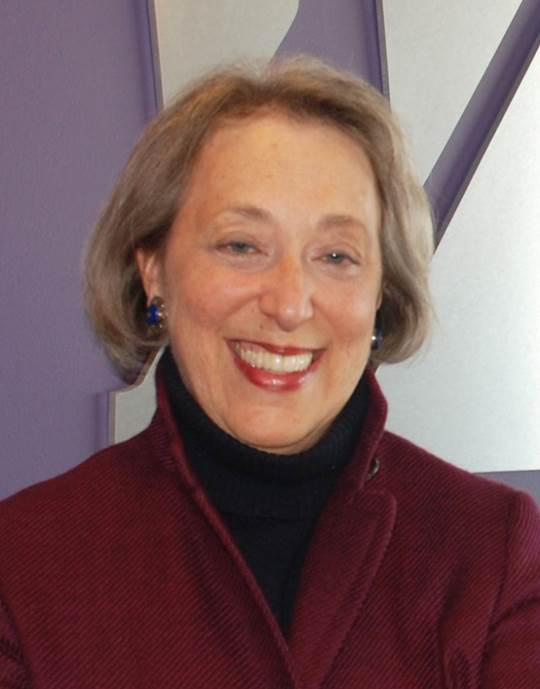 Marcia Greenberger
Humanities
1946
United States of America
2015
Marcia Greenberger
Humanities
1946
United States of America
2015

Marcia Greenberger
The founder and co-president of the National Women’s Law Center, Marcia Greenberger has been a leader in developing strategies to secure the successful passage of legislation protecting women and counsel for landmark litigation establishing new legal precedents for women.
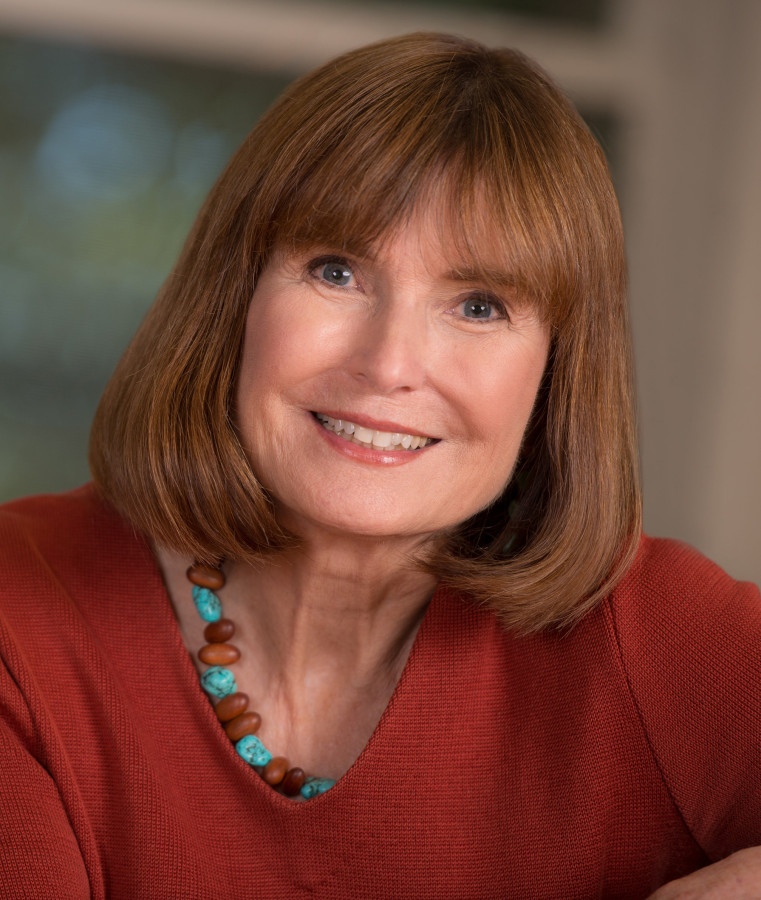 Jean Kilbourne
Humanities
1943
Kansas
2015
Jean Kilbourne
Humanities
1943
Kansas
2015

Jean Kilbourne
Through her pioneering work studying images of women in advertising, Jean Kilbourne has changed the conversation as to how organizations and educational institutions address many public health problems including smoking, high-risk drinking eating disorders, obesity, sexualization of children, and violence against women.
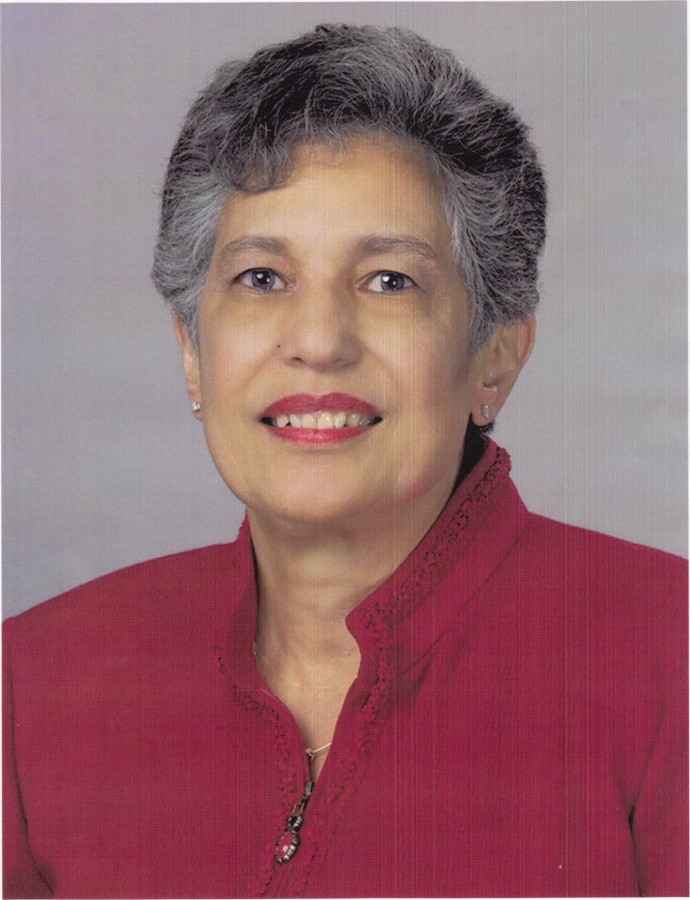 Carlotta Walls LaNier
Humanities
1942
Arkansas
2015
Carlotta Walls LaNier
Humanities
1942
Arkansas
2015

Carlotta Walls LaNier
Civil rights advocate Carlotta Walls LaNier, at age 14, was the youngest of the Little Rock Nine; the nine African-American students who integrated Central High School in Little Rock, Arkansas. A recipient of the Congressional Gold Medal, she works to ensure equal access to education for children of color.
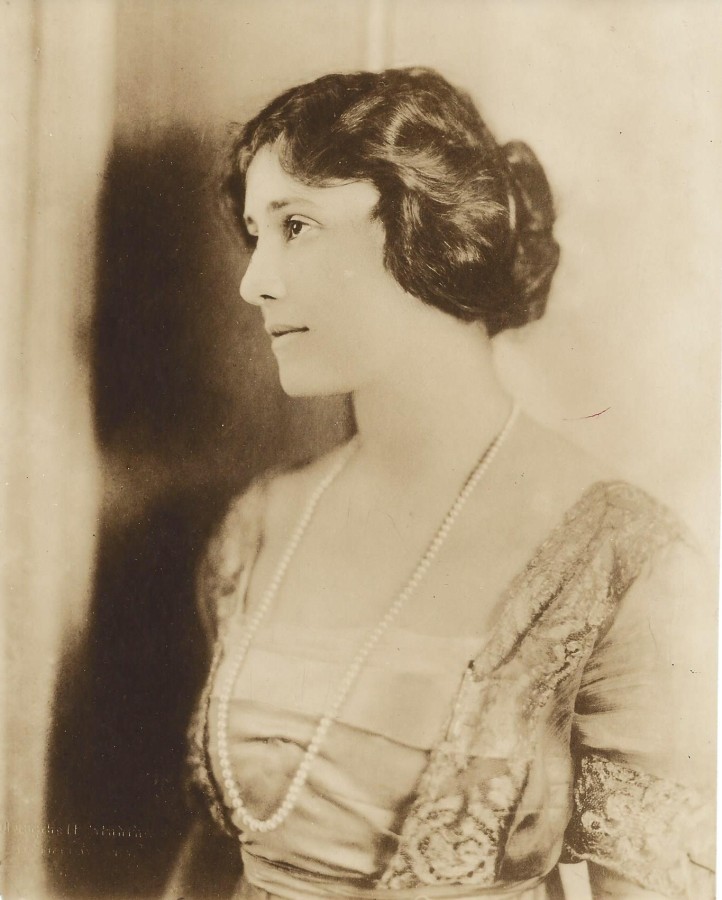 Mary Harriman Rumsey
Humanities
1881
New York
2015
Mary Harriman Rumsey
Humanities
1881
New York
2015

Mary Harriman Rumsey
The founder of the Junior League, she helped author the Social Security Act, chaired the first consumer’s rights groups, and was instrumental in the creation of public playgrounds in New York’s Central Park.
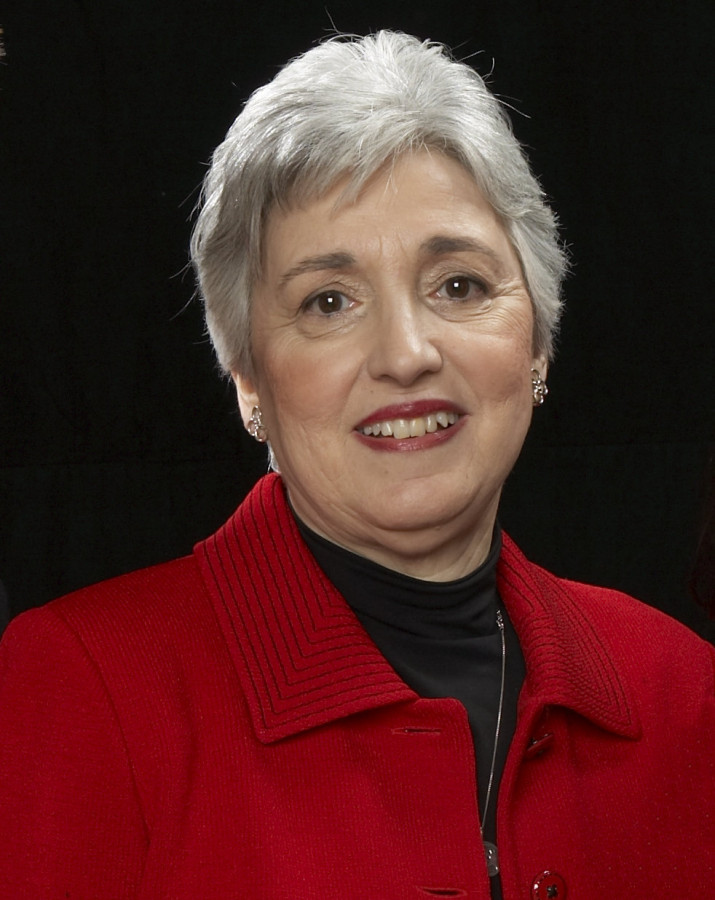 Eleanor Smeal
Humanities
1939
Ohio
2015
Eleanor Smeal
Humanities
1939
Ohio
2015

Eleanor Smeal
Her life and work has been dedicated to the achievement of women’s equality and human rights. She has been at the forefront of nearly every significant women’s rights victory. Responsible for coining the phrase “gender gap” referring to the difference in the way women and men vote and popularizing its usage in election and polling analyses to enhance women’s voting clout.
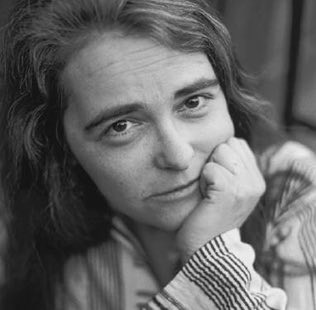 Kate Millett
Arts, Education, Humanities
1934
Minnesota
2013
Kate Millett
Arts, Education, Humanities
1934
Minnesota
2013

Kate Millett
A feminist activist, writer, visual artist, filmmaker, teacher and human rights advocate, Kate Millett has been described as one of the most influential Americans of the twentieth century. Millett began her career as an English instructor and in 1966, became the first Chair of the Education Committee of the newly formed National Organization for Women. In 1968, she authored a pioneering report published by NOW, Token Learning: A Study of Women’s Higher Education in America, in which she challenged women’s colleges to provide an equal education for women. Millett is perhaps best-known for her landmark work in feminist theory, Sexual Politics (1970). She currently serves as the Director of the Millett Center for the Arts, a creative work space that provides artist in residence accommodation and studio facilities to women artists from around the world.
